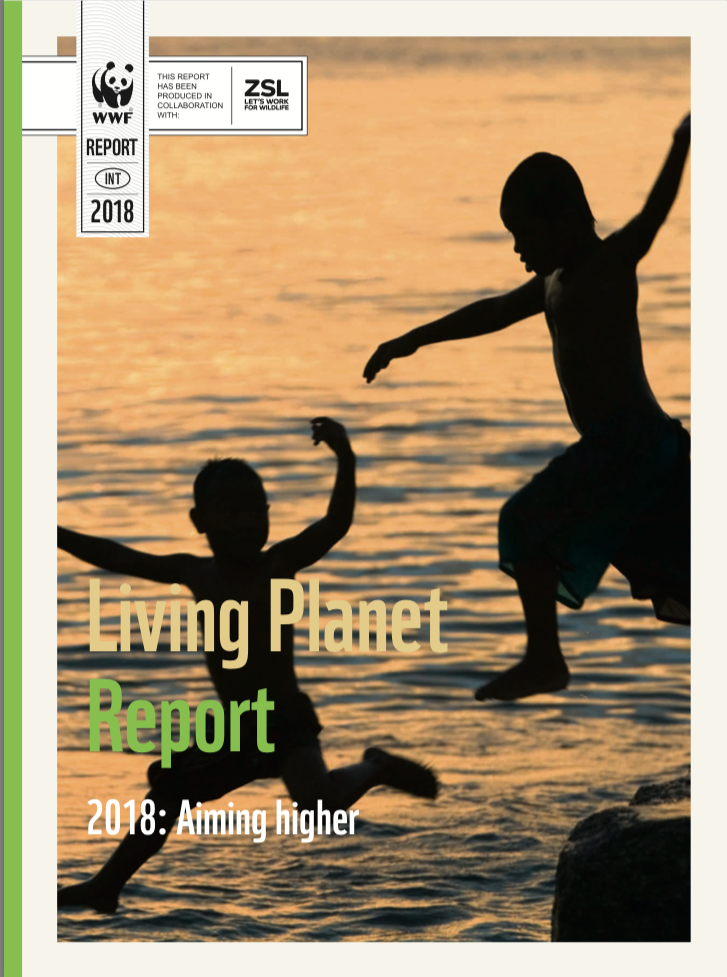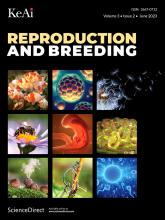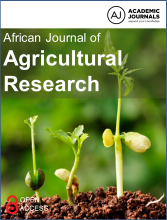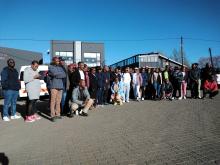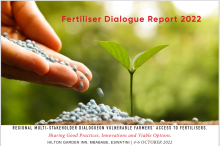This global overview is useful but it’s also important to understand whether there are differences in threats between different geographic regions and whether similar species are affected by them in different ways. The Living Planet Index, a rich source of this information, can tell us about threats at the species population level. This more granular level of data has already highlighted different responses in different species of penguins in western Antarctica.
The Living Planet Index also tracks the state of global biodiversity by measuring the population abundance of thousands of vertebrate species around the world. The latest index shows an overall
decline of 60% in population sizes between 1970 and 2014. Species population declines are especially pronounced in the tropics, with South and Central America suffering the most dramatic decline, an 89% loss compared to 1970. Freshwater species numbers have also declined dramatically, with the Freshwater Index showing an 83% decline since 1970. But measuring biodiversity – all the varieties of life that can be found on Earth and their relationships to each other – is complex, so this report also explores three other indicators measuring changes in species distribution, extinction risk and changes in community composition. All these paint the same picture – showing severe declines or changes.
WWF. 2018. Living Planet Report 2018. Aiming Higher. Grooten, M. and Almond, R.E.A.(Eds). WWF, Gland, Switzerland.

